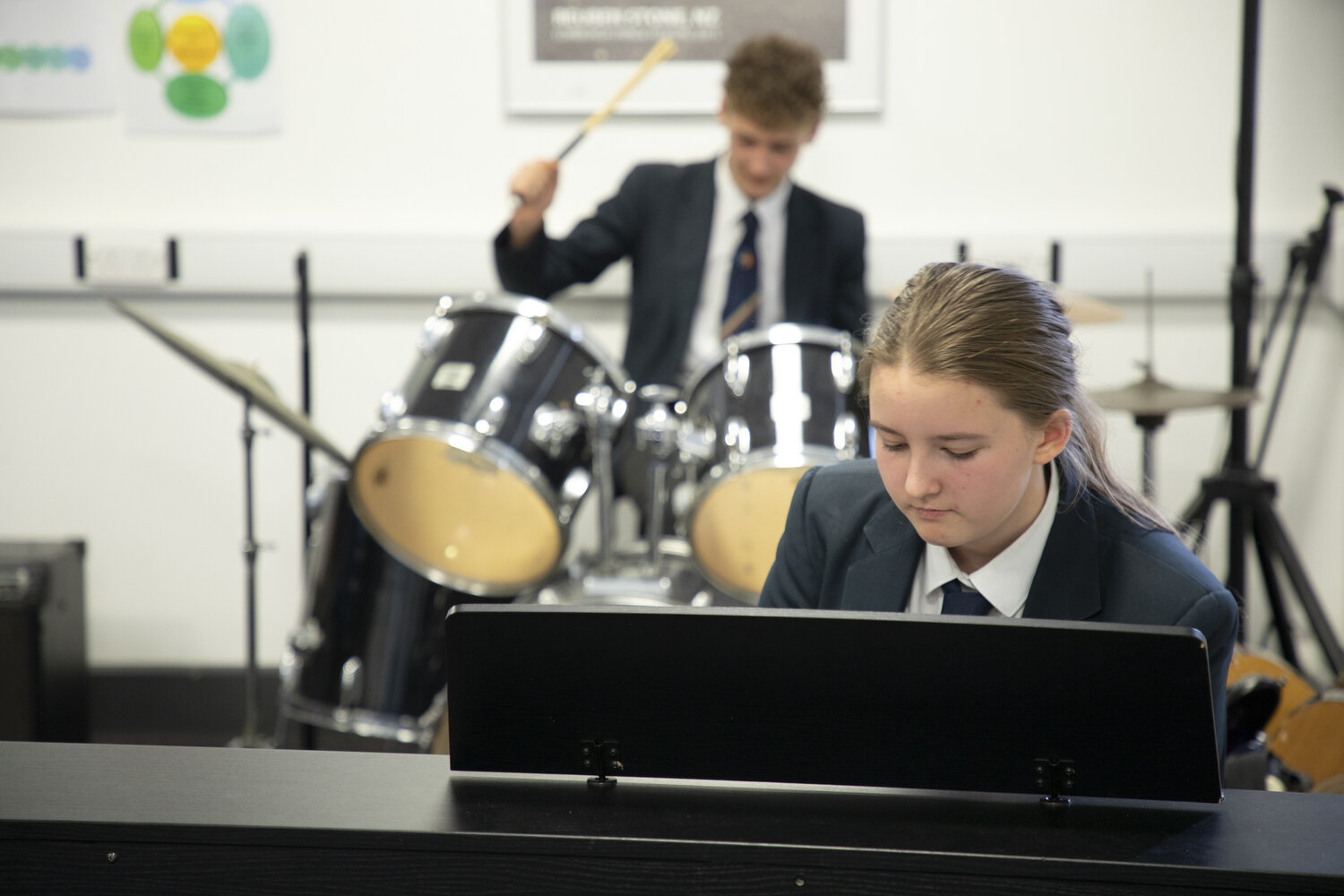The Marine Curriculum
At Marine Academy Plymouth, we believe that every child who joins us should have the opportunity to go to university when they leave us. This means that our ambitious curriculum is designed to not only support scholars to achieve the very best academic outcomes, but also to offer meaningful cultural enrichment.
We believe that knowledge empowers: it gives scholars the confidence to learn more, think both critically and creatively, and to be able to participate in society. Our knowledge rich curriculum, based on the best of cognitive science, is underpinned by the belief that whatever their background or ability, all children have a right to access the best that has been said and thought.
We proudly offer a full curriculum (outlined below) to all pupils, underlining the ambition and high expectations we have for each and every one of them. Our lowest ability scholars study exactly the same topics and content as the highest and teacher skill allows them to access this material. We do not and will not subscribe to a second-class education for any of our children.
Curriculum intent
We aim to develop and refine a whole school curriculum which is:
- Ambitious
- Effectively Sequenced
- Enriching
Ambitious
Every scholar encounters a broad and balanced curriculum in each and every subject. Every subject covers a wide range of content in Key Stage 3, before we specialise for a 2-year Key Stage 4 and 5. At sixth form we only offer Level 3 subjects with the exception of retake English and maths.
We provide every scholar with access to the academic EBacc suite of subjects and it is our intention that 100% of pupils are able to study EBacc GCSEs. As such, these subjects make up a significant part of the school’s curriculum. This will ensure all doors are open for them as they move in to higher education and in to valuable careers of their choosing. We also recognise the need to make careful curriculum choices for a very small number of SEND pupils.
Academic rigour is at the forefront of our curriculum design. Subject curriculums are designed backwards from university standard with the aim of keeping high aspirations on track. We ensure that our curriculum allows for coherent pathways right through to end of year 13 both meeting statutory provision while also meeting the needs of our children in the context that they live.
Effectively Sequenced
Our curriculum is intelligently sequenced so that new knowledge and skills build on what has been taught before and lead towards clearly defined end points.
Our curriculum is research informed and so we know the importance of key concepts, sequencing and spaced repetition in order to help pupils retain learning in the long-term memory. Our curriculum is designed to be remembered, not merely encountered. Pupils have not learnt anything unless they can remember it. Our intention is to ensure all pupils can remember a lot and then apply it to the disciplines on offer.
We enable pupils to make well-considered links across subjects. For example, during the study of the Medieval period in history, pupils study Chaucer in English. This intention helps pupils to solidify and remember key knowledge in both subject areas. In key stage three, scholars complete ‘finals exams’ to show off their cross curricular knowledge.
Enriching
We aim to close the disadvantage gap by supporting all pupils to develop their understanding of the world we live in. The curriculum is designed to allow pupils to accumulate huge amounts of knowledge that allows them to thrive in modern Britain.
We aim to develop a love of learning within each subject in order to develop the next great historians, geographers, writers, mathematicians, linguists, scientists, sports people, musicians and artists.
Curriculum implementation
Our curriculum seeks to embed a significant amount of knowledge, whilst ensuring pupils are highly proficient in a skillset that is specific to the learning of each subject discipline on offer.
The implementation of the school's curriculum is aided by:
1. Excellent behaviour. Low level disruption is not tolerated in our classrooms. Scholars are able to work in a calm, motivating environment with a culture of praise.
2. High-quality resources: Scholars are provided with scholar’s guides, workbooks or mastery packs which ensure scholars know what they are learning and why they are learning it. These resources allow scholars to learn independently and build vital self-study habits.
3. Regular Reading: As well as scholars reading for pleasure during tutor time and as part of their home learning, every subject has a high-quality reading pack that ensures subject specific, non-fiction reading is embedded throughout lessons. This sits alongside a range of robust reading interventions designed to ensure all scholars are able to read fluently and with comprehension.
4. Double Planning: Our centrally planned curriculum gives teachers the time to intellectually prepare for lessons. Instead of thinking about what to teach, they are freed up to think about how best to teach. Teachers use lesson keys to prepare questions, consider possible misconceptions, and tailor the lesson for specific scholars including those with SEND.
5. Explicit Vocabulary Instruction: We recognise the link between word knowledge and achievement and so ensure that scholars are regularly explicitly taught vocabulary in every subject.
6. Frequent Retrieval Practice: Every lesson begins with a period of retrieval practice and we provide frequent opportunities for low stakes quizzing both inside and outside of the classroom.
7. Regular Independent Practice: To increase fluency, we place high value on periods of independent practice in lessons. We expect these periods to lengthen as pupils get older with year 11 and sixth form scholars expected to complete weekly exam practice sessions in a range of subjects.
8. High Participation Ratio: We use the techniques of cold call, turn and talk and choral response along side periods of writing to ensure that scholars are constantly engaged, answering questions and given opportunities to develop their oracy.
9. Extended Writing: Scholars in key stage three complete regular ‘knowledge essays’ in English, history and geography in order to demonstrate the depth of their knowledge through writing and gain the writing stamina they need for university and beyond.
10. Coaching Programme: We believe that ‘every teacher needs to improve, not because they are not good enough, but because they can be even better.’ All of our teachers receive weekly, incremental coaching to master the techniques outlined on our ‘MAP Teaching Charter’- a list of skills and pedagogies which we believe create rigorous and orderly classrooms.
Assessment
Marine scholars learn in three 12-week cycles that ensure our curriculum is driven by data thus allowing teachers to accurately assess and address gaps in learning.
Weeks 1-10: Teaching and Formative Assessment
We believe that teaching a topic for a longer period of time allows scholars to understand it in real depth exploring whole texts, context and wider case studies in a way that might not be possible in shorter periods. Scholars complete multiple choices quizzes and mid-cycle assessments to ensure they remain on track and have opportunities to improve and close gaps.
Week 11: Assessment Week
Final assessments encompass a range of exam style questions alongside multiple choice knowledge tests and reading assessments. In key stage three scholars complete knowledge essays in English, history and geography, while in key stage four and five, scholars complete mock examinations. Additionally, at the end of year 7 and 8 scholars also undertake their ‘finals exams’, a Bachelor of Arts linking English and history and a Bachelor of Science linking physics, maths and geography.
Where possible we use the same assessment as other schools in our trust so that we can get a more accurate picture of the progress and attainment of our pupils.
Week 12: Super Teaching Week
On the first Monday of every last week in each cycle teachers are left to identify the trends and big picture emerging from the outcomes of the knowledge, reading and final assessments. As departments they then plan for the remaining four days of the week to deliver teaching specifically designed to close gaps in skills and knowledge.








